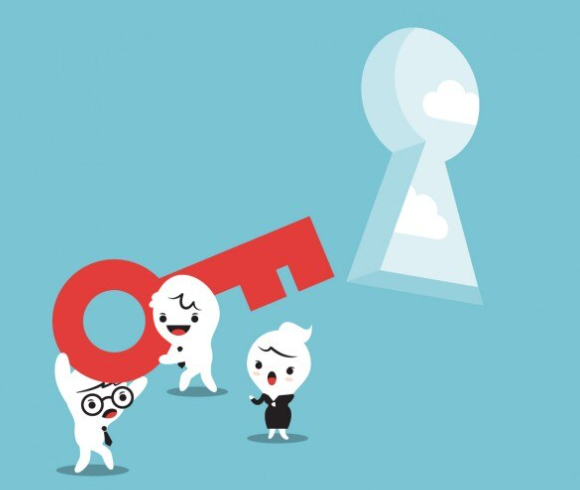Stress is an inevitable part of modern life, but its effects on our mental and cognitive well-being are becoming increasingly evident. As we navigate our hectic schedules and face various challenges, understanding the intricate relationship between stress and cognitive function is crucial.
Understanding the Stress-Mind Connection
Research has shown that stress can impact the brain in multiple ways. Chronic stress triggers the release of hormones like cortisol, which can disrupt neural connections and impair memory. Moreover, stress can lead to inflammation in the brain, further affecting cognitive processes.
The Impact of Chronic Stress on Cognitive Health
When stress becomes chronic, it can lead to cognitive decline and increase the risk of neurodegenerative diseases. Memory problems, decreased focus, and reduced problem-solving abilities are common consequences of prolonged stress.
Stress Management Techniques for Cognitive Enhancement
4.1 The Power of Mindfulness Meditation
Mindfulness meditation has gained recognition for its ability to reduce stress and improve cognitive function. By focusing on the present moment, individuals can alleviate anxiety and enhance their attention span.
4.2 Physical Exercise and its Cognitive Benefits
Engaging in regular physical activity not only improves cardiovascular health but also boosts brain function. Exercise stimulates the release of neurotransmitters that promote learning and memory.
4.3 Cultivating Healthy Sleep Habits
Quality sleep is essential for cognitive restoration. Managing stress through relaxation techniques and a consistent sleep schedule can significantly improve mental clarity and concentration.
4.4 Nourishing Your Body with a Balanced Diet
A well-balanced diet rich in antioxidants, omega-3 fatty acids, and nutrients can support brain health and resilience to stress. Foods like blueberries, fatty fish, and leafy greens are particularly beneficial.
4.5 Social Connections and Emotional Resilience
Maintaining strong social connections and fostering emotional resilience can provide a buffer against the negative effects of stress. Meaningful relationships and a strong support system contribute to overall cognitive well-being.
Finding the Right Work-Life Balance
Balancing professional and personal commitments is essential for stress management. Setting boundaries, prioritizing tasks, and allowing time for relaxation are key components of achieving a healthier work-life equilibrium.
Incorporating Relaxation Techniques into Your Routine
6.1 Deep Breathing Exercises
Deep breathing exercises promote relaxation by reducing the body’s stress response. These techniques can be easily incorporated into daily routines, offering immediate relief from stress.
6.2 Progressive Muscle Relaxation
Progressive muscle relaxation involves tensing and releasing different muscle groups to induce relaxation. This practice can help alleviate physical tension and contribute to mental calmness.
6.3 Engaging in Creative Activities
Participating in creative activities such as art, music, or writing can serve as an effective outlet for stress. These activities engage the mind and promote a state of flow, diverting attention from stressors.
The Role of Professional Help in Stress Management
Seeking guidance from mental health professionals is a valuable step in stress management. Therapists can provide coping strategies, cognitive-behavioral techniques, and a safe space for addressing underlying stressors.
Mindfulness in Everyday Life: Applying Awareness to Tasks
Practicing mindfulness throughout the day involves being fully present in each task, from eating to working. This cultivates a sense of mindfulness that helps in reducing stress and enhancing cognitive engagement.
Engaging in Regular Brain-Boosting Activities
9.1 Reading and Lifelong Learning
Reading and engaging in lifelong learning stimulate the brain by introducing new ideas and concepts. These activities foster cognitive flexibility and keep the mind sharp.
9.2 Puzzles, Games, and Brain Teasers
Challenging the mind with puzzles, games, and brain teasers promotes critical thinking and problem-solving skills. These activities can be enjoyable ways to combat stress and enhance cognitive function.
9.3 Trying New Experiences and Hobbies
Exploring new experiences and hobbies keeps the mind engaged and curious. Novelty stimulates the brain’s reward centers, releasing dopamine and contributing to cognitive vitality.
The Mind-Body Connection: Holistic Approaches to Stress Reduction
Recognizing the interconnectedness of the mind and body is essential for holistic stress management. Practices like yoga, tai chi, and acupuncture combine physical movement with mindfulness to alleviate stress and enhance cognitive well-being.
Conclusion
Incorporating effective stress management strategies into our lives not only promotes overall well-being but also plays a vital role in maintaining cognitive sharpness. From mindfulness meditation to engaging in brain-boosting activities, there are numerous ways to tackle stress and enhance cognitive function simultaneously. By prioritizing stress reduction, we can pave the way for a sharper and more resilient mind.








